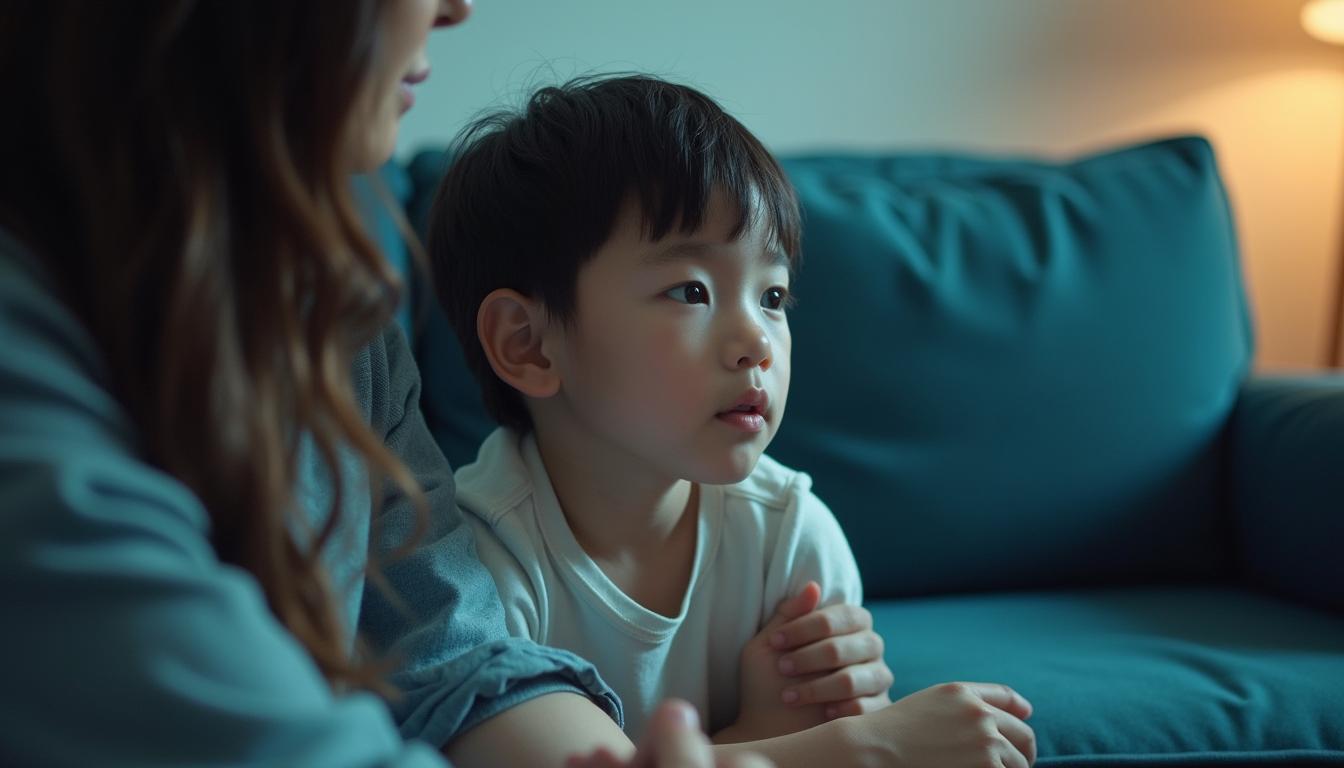Welcome to the Research and Strategy Services at in today's fast-paced.


You ask a simple question. They don’t respond.
You offer help. They turn away.
Then the tears come quietly. Or the blank stare. Or the “I don’t care” that clearly isn’t true.
This is an emotional shutdown — a nervous system freeze response that’s common in gifted ADHD children.

Their brains register strong emotions as a threat. The nervous system flips into freeze mode (Christiansen et al., 2019).
They can think faster than they can regulate. When words fail, they shut down (Silverman, 1993).
Even mild correction or frustration can trigger shame, leading to silence, withdrawal, or dissociation (Faraone et al., 2019).
➡️ Shutdown isn’t control-seeking. It’s a collapse.

Don’t rush them to talk. Start by restoring nervous system safety.
Try this:
When they feel safe, they’ll start to return.
Children who shut down need help learning what their body is saying.
In counseling, they gently explore:
With an ADHD-specialized counsellor, kids build language and tools for expression.
Chronic overload shows up in brain patterns. Neurofeedback helps calm reactivity and improve flexibility.
Protocols may include:
Studies show neurofeedback improves emotion regulation and reduces withdrawal behaviors in ADHD children (Arns et al., 2014; Christiansen et al., 2019).
For parents seeking broader approaches, cognitive training tools like NeuroTracker can also support attention and resilience in ADHD.
Shutdown is not a lack of will. It’s a signal.
With the right tools, your child can learn to pause, express, and recover — without shame.
Q: How can I tell the difference between a child being quiet and a child shutting down?
A: Quiet moments are voluntary and often restorative. Shutdowns happen suddenly in response to stress, with blank stares, withdrawal, or refusal to speak.
Q: Should I push my child to talk during a shutdown?
A: No. Pressure often makes shutdown worse. Create safety first — when their nervous system calms, they’ll be able to reconnect.
Q: Can ADHD-focused training really help with shutdowns?
A: Yes. Both counseling and neurocognitive tools like neurofeedback or attention training can help kids build skills to regulate and express emotions before overwhelm leads to collapse.
Q: Does shutting down mean my child is being defiant?
A: No. Shutdown is not defiance — it’s a protective nervous system response. Recognizing this helps reduce shame and builds trust.
This article was originally published on Breakthrough ADHD and is republished here with permission.








Welcome to the Research and Strategy Services at in today's fast-paced.

Learn why healthy aging is about more than just physical wellness.

Explore how bridging concussion rehab with peak performance training can optimize athletes for return-to-play.

Check out these research-based insights and tips for ADHD success in sports.
.png)